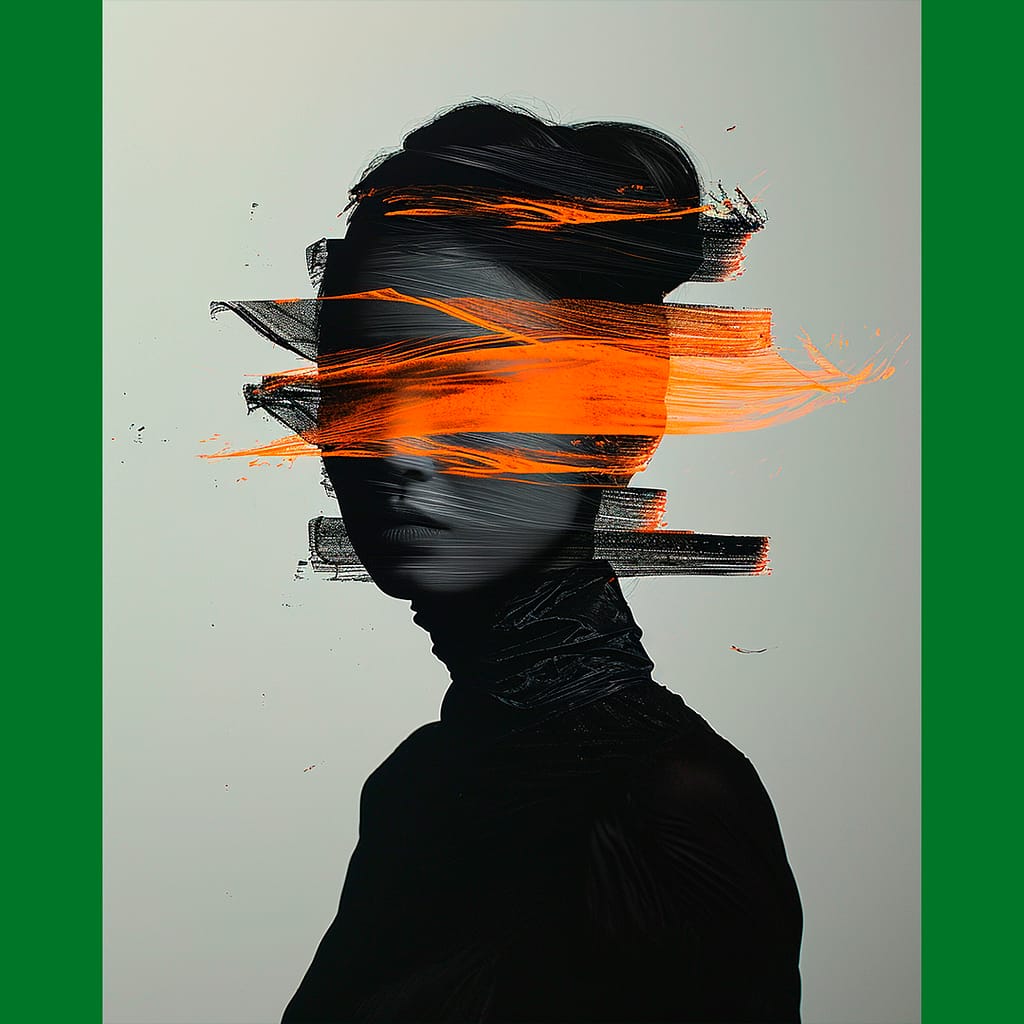
The Psychology of Fashion: How Archetype-Based Clothing Influences Our Perception of Others
Fashion is a powerful tool in shaping perceptions, both of ourselves and of others. The way we dress is deeply intertwined with psychological processes, and clothing based on archetypes can have a significant impact on how individuals are perceived by others. Archetypes, as universal symbols of behavior and identity, provide a framework for understanding how certain styles can evoke specific emotions, social roles, and characteristics. Clothing that draws upon archetypes not only reflects personal identity but also influences the way others interpret one’s presence and intentions.
The Hero Archetype and Its Psychological Impact
Clothing inspired by the Hero archetype often conveys strength, confidence, and determination. When individuals dress in styles that align with this archetype—such as structured, tailored suits or military-inspired outfits—they are often perceived as dominant, capable, and authoritative. The psychological impact of such clothing is profound, as it signals to others that the wearer is ready to take charge and face challenges. The Hero archetype is linked with action and leadership, and when we see someone wearing garments that evoke this archetype, we tend to view them as reliable and competent, capable of making important decisions and leading others.
The Ruler Archetype and Its Social Influence
The Ruler archetype is associated with power, control, and authority. Clothing based on this archetype—such as luxurious fabrics, formal suits, and elegantly tailored attire—creates an aura of prestige, sophistication, and exclusivity. Psychologically, people who wear these styles are often perceived as influential, confident, and competent. This perception can evoke a sense of respect, admiration, and sometimes even intimidation. The Ruler archetype signals social status and authority, making others more likely to defer to the wearer in situations that require leadership or decision-making. Luxury brands and high-end fashion often rely on the Ruler archetype to position their products as symbols of success and dominance.
The Rebel Archetype and Its Impact on Social Perception
The Rebel archetype is characterized by defiance, independence, and non-conformity. Clothing inspired by the Rebel archetype, such as edgy leather jackets, distressed denim, and punk-inspired accessories, evokes a sense of individuality and resistance to societal norms. Psychologically, individuals who dress in this manner are often perceived as bold, unconventional, and free-spirited. Others may view them as challenging authority or rejecting traditional expectations. This perception can evoke a sense of intrigue, admiration, or even discomfort, depending on the viewer’s own values and beliefs. The Rebel archetype is often linked to creativity and innovation, and individuals who embrace this style may be seen as trailblazers or trendsetters within their social circles.
The Lover Archetype and Its Emotional Appeal
The Lover archetype is associated with sensuality, passion, and emotional connection. Clothing that draws on the Lover archetype, such as elegant, form-fitting garments or romantic details like lace and silk, evokes a sense of intimacy, allure, and attraction. Psychologically, individuals who wear these styles are often perceived as charming, affectionate, and emotionally open. The Lover archetype taps into human desires for connection, love, and beauty, making it highly effective in creating emotional bonds and appealing to others on a deeper level. People who dress in this style may be seen as warm, approachable, and passionate, attracting attention not only for their appearance but also for their ability to connect with others on an emotional plane.
The Explorer Archetype and Its Psychological Effect
The Explorer archetype is associated with curiosity, adventure, and freedom. Clothing inspired by this archetype—such as functional outdoor gear, travel-inspired outfits, and earthy tones—signals a sense of independence and a desire for discovery. Psychologically, individuals who dress in the style of the Explorer are often perceived as adventurous, open-minded, and curious about the world around them. This perception can evoke a sense of intrigue and admiration, as others view the wearer as someone who is constantly seeking new experiences and challenges. The Explorer archetype is particularly effective in signaling a love for travel, nature, and personal growth, making those who wear it appear authentic and grounded.
The Impact of Archetypes in Shaping Social Perception
Clothing based on archetypes does more than reflect individual personality—it actively shapes how others perceive a person. Archetype-based fashion choices communicate a story about who the wearer is and what they represent. These styles can influence social interactions, emotional connections, and cultural perceptions, as they evoke specific responses from others. By understanding the psychological effects of different archetypes, individuals can use fashion as a tool for self-expression and social influence.
